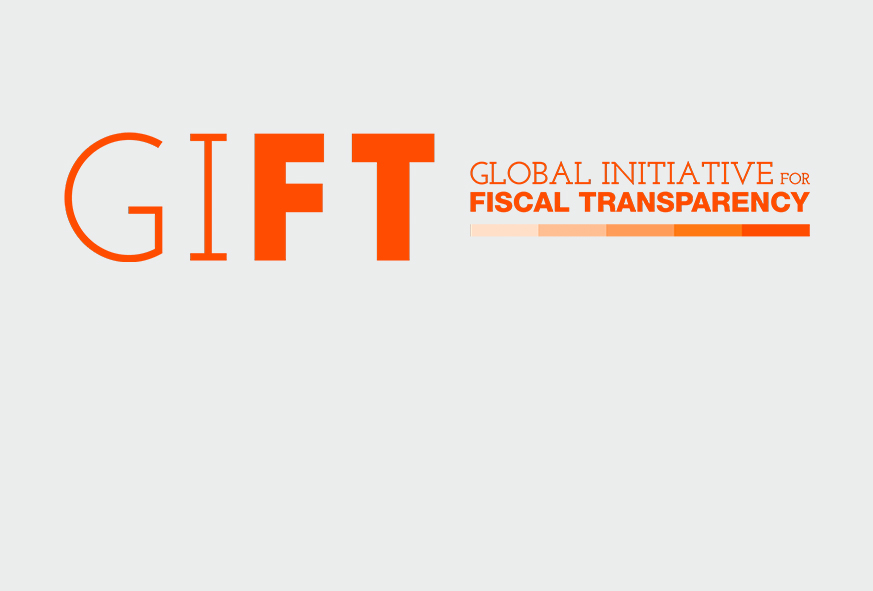|
Peer learning is key to
GIFT’s strategy to advance
global norms and fiscal
transparency. In 2016, we have
an ambitious agenda that
covers all corners of the
world with multiple
opportunities to share
experiences and learn from
what others are doing.
In most cases, these
activities will bring
governments, civil society and
private sector together to set
the stage for collaboration
and dialogue, as a key
ingredient to finding
innovative solutions.
- March
14, Guatemala City:
Conference in Guatemala
hosted by ICEFI, the World
Bank, the Fiscal Openness
Working Group (GIFT), in a
dialogue with the Ministry
of Finance, other relevant
local stakeholders and the
Open Government Partnership
(OGP) Support Unit, to
address issues around the
new Guatemalan Government
OGP National Action Plan on
fiscal transparency
commitments.
- April
4-6, Mexico City: Fiscal
Openness Working Group
workshop, hosted by the
Ministry of Finance, with
more than 10 countries’ MoF
and CSO representatives
attending to learn about and
discuss fiscal transparency
portals and disclosure of
budget information using
open data formats.
- April
11, Washington DC: public
discussion of new normative
instruments for fiscal
transparency and public
finance management,
including the IMF Resource
Revenue Management pillar,
the new PEFA Program
Framework, and the GIFT
public participation
principles, in the framework
of the IMF-World Bank Spring
meetings.
- April-May,
Washington DC (date to be
determined): donor
discussion on improving
donor efforts to promote
budget transparency and
accountability, as a follow
up to the IBP September
meeting about sharing
experiences and lessons
learned in the donor
approaches to the promotion
of these issues, organized
by IBP and GIFT.
- May
4-5-6, Cape Town, South
Africa: Africa Regional OGP
meeting, including a Fiscal
Openness Working Group
workshop on National Actions
Plans, technology
information tools and public
participation.
- October,
Montevideo (date to be
determined): FOWG session
and workshop at the OGP
America regional meeting in
Uruguay.
- June
28-29, Ljubljana, Slovenia:
OECD Senior Budget Officials
meeting in collaboration
with PEMPAL (World Bank),
the Fiscal Openness Working
Group, IBP and the Institute
for Public Finance
(Croatia), focusing on
Europe and Central Asia.
- June/July,
Jakarta (date to be
determined): a Fiscal
Openness Working Group
regional workshop, in
collaboration with GIFT
partners Seknas/Fitra, the
Indonesian Ministry of
Finance, and the Ford
Foundation.
- June
7-8, Washington DC: the GIFT
General Stewards Meeting.
- September
20, Washington D.C.: GIFT
Lead stewards meeting on
strategic planning of the
network.
- October
3-5, Washington D.C:
high-level presentation of
the Guide on Principles and
Practices in Public
Participation in Fiscal
Policies; fall meetings of
the IMF-World Bank (October
7-9).
- October
4-5, Washington DC: the GIFT
General Stewards Meeting.
- December
(date to be determined): OGP
Global Summit in Paris, with
FOWG sessions and workshop.
|

